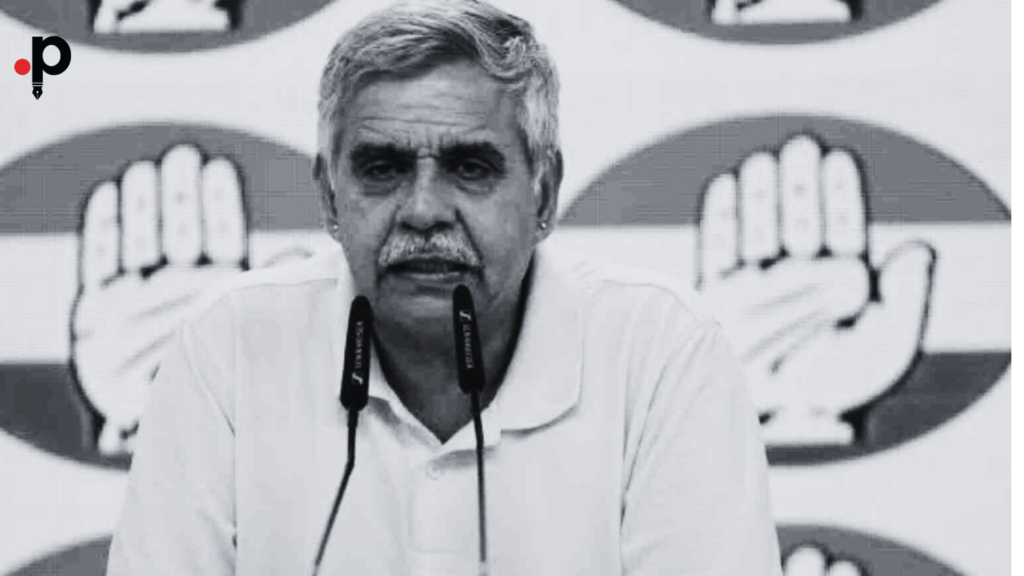Congress leader Sandeep Dikshit on Saturday accused the Aam Aadmi Party (AAP) government of failing to address Delhi’s air and water pollution issues over the past decade. Speaking at a press conference, Dikshit, the Congress candidate for the New Delhi constituency in the upcoming Assembly polls, highlighted deficiencies in public transport and environmental policies under the AAP administration.
Decline in DTC Bus Fleet and Usage
Dikshit pointed to a significant reduction in the number of Delhi Transport Corporation (DTC) buses, from approximately 5,500 in 2013 to around 3,000 currently. He emphasized the impact on public transport usage, noting that the number of daily commuters has fallen from 43 lakh in 2013 to 41 lakh across DTC and cluster buses, despite the city’s growing population.
“By now, the number of commuters should have risen to 60-65 lakh. Instead, a shortfall of 20-25 lakh people has forced them to rely on private transport, contributing significantly to pollution,” Dikshit stated.
Criticism of Stubble Burning Narrative
Dikshit dismissed the AAP government’s stance of attributing Delhi’s air pollution to stubble burning in neighboring states, calling it an oversimplification.
“Stubble burning has been a reality for decades, yet air pollution in Delhi has worsened due to the sharp increase in vehicles, the lack of a robust public transport system, and the alarming reduction in green cover,” he said.
Achievements of the Sheila Dikshit Era
The Congress leader contrasted AAP’s governance with the policies implemented during his mother, Sheila Dikshit’s tenure as Chief Minister (1998–2013). He highlighted the initiatives that significantly improved Delhi’s environment and infrastructure, including:
- Increasing the green cover.
- Converting nearly one crore vehicles, including DTC buses, to CNG fuel.
- Expanding the Delhi Metro network.
- Strengthening the public transport system to reduce reliance on private vehicles.
Congress’s Position on Pollution and Development
Dikshit argued that Delhi’s pollution crisis is largely due to the AAP government’s failure to prioritize long-term solutions. “The erosion of green cover, coupled with inadequate public transport, has intensified both air and water pollution. The current government has ignored these core issues for the past 10 years,” he said.
With Assembly elections approaching, Dikshit’s remarks signal Congress’s intent to challenge the AAP on governance and environmental management, presenting the party’s own track record as evidence of effective leadership.



